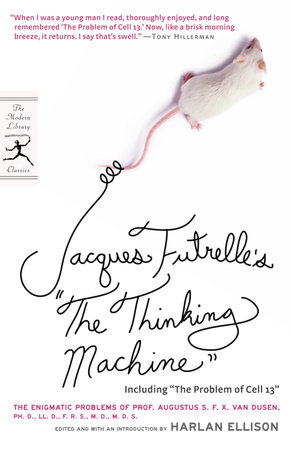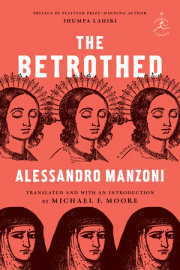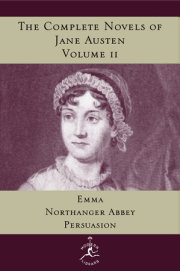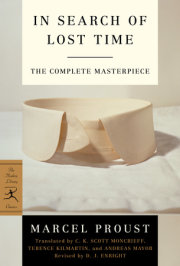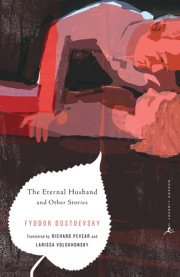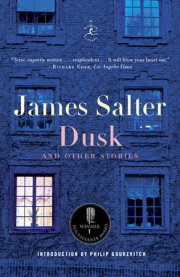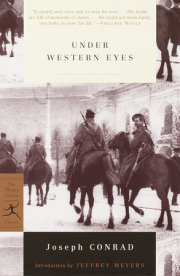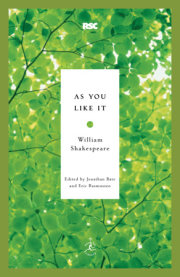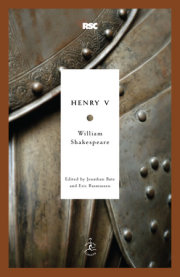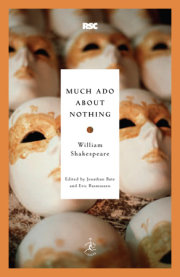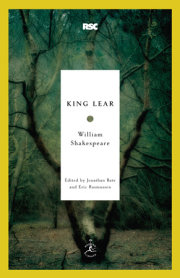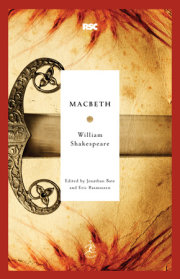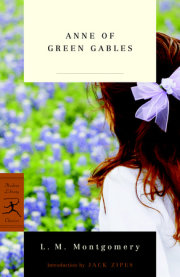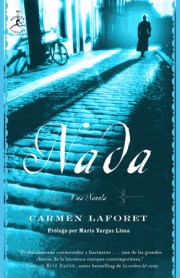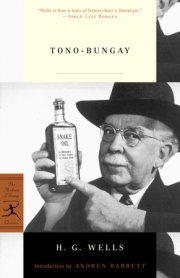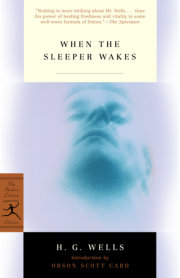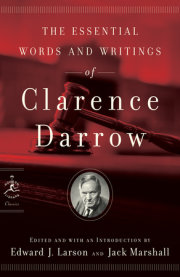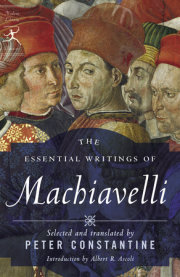Chapter 1
Dressing Room "A"That strange, seemingly inexplicable chain of circumstances which had to do with the mysterious disappearance of the famous actress, Irene Wallack, from her dressing room in a Springfield theater during a performance, while the echo of tumultuous appreciation still rang in her ears, was one of the most fascinating problems which was not purely scientific that The Thinking Machine was ever asked to solve. The scientist's aid was enlisted in this singular mystery by Hutchinson Hatch, reporter.
"There is something far beyond the ordinary in this affair," Hatch explained to the scientist. "A woman has disappeared, evaporated into thin air in the hearing, almost in sight, of her friends. The police can make nothing of it. It is a problem for a greater mind than theirs."
Professor Van Dusen waved the newspaperman to a seat and himself sank back into a great cushioned chair in which his diminutive figure seemed even more child-like than it really was.
"Tell me the story," he commanded petulantly. "All of it."
The enormous yellow head rested against the chair back, the blue eyes squinted steadily upward, the slender fingers were pressed tip to tip. The Thinking Machine was in a receptive mood.
"Miss Wallack is thirty years old and beautiful," the reporter began. "As an actress she has won recognition not only in this country but in England. You may have read something of her in the daily papers, and if--"
"I never read the papers unless I am compelled to," the other interrupted curtly. "Go on."
"She is unmarried, and so far as anyone knows, had no immediate intention of changing her condition," Hatch resumed, staring curiously at the thin face of the scientist. "I presume she had admirers-all beautiful women of the stage have-but she is one whose life has been perfectly clean, whose record is an open book. I tell you this because it might have a bearing on your conclusion as to a possible reason for her disappearance.
"Now the actual circumstances of that disappearance. Miss Wallack has been playing a Shakespearean repertoire. Last week she was in Springfield. On Saturday night, which concluded her engagement there, she appeared as Rosalind in 'As You Like It.' The house was crowded. She played the first two acts amid great enthusiasm, and this despite the fact that she was suffering intensely from a headache to which she was subject at times. After the second act she returned to her dressing room and just before the curtain went up for the third the stage manager called her. She replied that she would be out immediately. There seems no possible shadow of a doubt but that it was her voice.
"Rosalind does not appear in the third act until the curtain has been up for six minutes. When Miss Wallack's cue came she did not answer it. The stage manager rushed to her door and again called her. There was no answer. Then, fearing that she might have fainted, he went in. She was not there. A hurried search was made without result, and the stage manager, finally, was compelled to announce to the audience that the sudden illness of the star would cause a slight delay; that he hoped within ten or fifteen minutes she would be able to resume her part.
"The curtain was lowered and the search resumed. Every nook and corner back of the footlights was gone over. The stage doorkeeper, William Meegan, had seen no one go out. He and a policeman had been standing at the stage door talking for at least twenty minutes. It is, therefore, conclusive that Miss Wallack did not leave the theater by the stage door. The only other way it was possible to leave the stage was over the footlights. Of course she didn't go that way. Yet no trace of her has been found. Where is she?"
"The windows?" asked The Thinking Machine.
"The stage is below the street level," Hatch explained. "The window of her dressing room, Room A, is small and barred with iron. It opens into an air shaft that goes straight up for ten feet, and that is covered with an iron grating. The other windows on the stage are not only inaccessible but are also barred with iron. She could not have approached either of these windows without being seen by other members of the company or the stage hands."
"Under the stage?" suggested the scientist.
"Nothing," the reporter went on. "It is a large cemented basement which was vacant. It was searched because there was, of course, a chance that Miss Wallack might have become temporarily unbalanced and wandered down there. There was even a search made of the 'flies'-that is, the galleries over the stage where the men who work the drop-curtains are stationed."
There was silence for a long time. The Thinking Machine twiddled his fingers and continued to stare upward. He had not looked at the reporter. He broke the silence after a time.
"How was Miss Wallack dressed at the time of her disappearance?"
"In doublet and hose-that is, tights," the newspaperman responded. "She wears that costume from the second act until practically the end of the play."
"Was all her street clothing in her room?"
"Yes, everything, spread across an unopened trunk of costumes. It was all as if she had left the room to answer her cue-all in order-even to an open box of candy on her table."
"No sign of a struggle?"
"No."
"Or trace of blood?"
"Nothing."
"Her maid? Did she have one?"
"Oh, yes. I neglected to tell you that the maid, Gertrude Manning, had gone home immediately after the first act. She grew suddenly ill and was excused."
The Thinking Machine turned his squint eyes on the reporter for the first time.
"Ill?" he repeated. "What was the matter?"
"That I can't say," replied the reporter.
"Where is she now?"
"I don't know. Everyone forgot all about her in the excitement about Miss Wallack."
"What kind of candy was it?"
"I'm afraid I don't know that either."
"Where was it bought?"
The reporter shrugged his shoulders; that was something else he didn't know. The Thinking Machine shot out the questions aggressively, staring meanwhile steadily at Hatch who squirmed uncomfortably.
"Where is the candy now?" demanded the scientist.
Again Hatch shrugged his shoulders.
"How much did Miss Wallack weigh?"
The reporter was willing to guess at this. He had seen her half a dozen times.
"Between a hundred and thirty and a hundred and forty pounds," he ventured.
"Does there happen to be a hypnotist connected with the company?"
"I don't know," Hatch replied.
The Thinking Machine waved his slender hands impatiently; he was annoyed.
"It is perfectly absurd, Mr. Hatch," he expostulated, "to come to me with only a few facts and ask advice. If you had all the facts I might be able to do something, but this--"
The newspaperman was nettled. In his own profession he was accredited a man of discernment and acumen. He resented the tone, the manner, even the seemingly trivial questions which the other asked.
"I don't see," he began, "that the candy, even if it had been poisoned as I imagine you think possible, or a hypnotist could have had anything to do with Miss Wallack's disappearance. Certainly neither poison nor hypnotism would have made her invisible."
"Of course you don't see," blazed The Thinking Machine. "If you did you wouldn't have come to me. When did this thing happen?"
"Saturday night, as I said," the reporter informed him a little more humbly. "It closed the engagement in Springfield. Miss Wallack was to have appeared here tonight."
"When did she disappear-what time by the clock, I mean?"
"The stage manager's time slip shows that the curtain for the third act went up at 9:41-he spoke to her, say, one minute before, or at 9:40. The action of the play before she appears in the third act takes six minutes, therefore--"
"In precisely seven minutes a woman, weighing more than 130 pounds, certainly not dressed for the street, disappeared from her dressing room. It is now 5:18 Monday afternoon. I think we may solve this crime within a few hours."
"Crime?" Hatch repeated eagerly. "Do you imagine there is a crime then?"
Professor Van Dusen didn't heed the question. Instead, he arose and paced back and forth across the reception room half a dozen times, his hands behind his back and his eyes cast down. At last he stopped and faced the reporter who had also arisen.
"Miss Wallack's company, I presume, with the baggage, is now here," he said. "See every male member of the company, talk to them and particularly study their eyes. Don't overlook anyone, however humble. Also find out what became of the box of candy, and if possible how many pieces are out of it. Then report here to me. Miss Wallack's safety may depend upon your speed and accuracy."
Hatch was frankly startled.
"How--?" he began.
"Don't stop to talk-hurry," commanded The Thinking Machine. "I will have a cab waiting when you come back. We must get to Springfield."
Fitting a Hypothesis
The newspaperman rushed away to obey orders.
He didn't understand them at all-studying men's eyes was not in his line, but he obeyed nevertheless. An hour and a half later he returned to be thrust unceremoniously into a waiting cab by The Thinking Machine. The cab rattled away toward South Station where the two men caught a train, just about to move out, for Springfield. Once settled in their seats the scientist turned to Hatch who was nearly suffocating with suppressed information.
"Well?" he asked.
"I found out several things," the reporter burst out. "First, Miss Wallack's leading man, Langdon Mason, who has been in love with her for three years, bought the candy at Schuyler's in Springfield early Saturday evening before he went to the theater. He told me so himself, rather reluctantly, but I-I made him say it."
"Ah!" exclaimed The Thinking Machine. It was a most unequivocal ejaculation. "How many pieces of candy are out of the box?"
"Only three," explained Hatch. "Miss Wallack's things were packed into the open trunk in her dressing room, the candy with them. I induced the manager--"
"Yes, yes, yes," interrupted The Thinking Machine impatiently. "What sort of eyes has Mason? What color?"
"Blue, frank in expression, nothing unusual about them," said the reporter.
"And the others?"
"I didn't quite know what you meant by studying their eyes, so I got a set of photographs. I thought perhaps they might help."
"Excellent! Excellent!" commented The Thinking Machine. He shuffled the pictures through his fingers, stopping now and then to study one, and to read the names printed below. "Is that the leading man?" he asked at last, and handed one to Hatch.
"Yes."
Professor Van Dusen did not speak again. The train pulled into Springfield at 9:20. Hatch followed him out of the station and, without a word, climbed into a cab.
"Schuyler's candy store," commanded The Thinking Machine. "Hurry."
The cab rushed off through the night. Ten minutes later it stopped before a brilliantly lighted confectionery shop. The Thinking Machine led the way inside and approached the girl behind the chocolate counter.
"Will you please tell me if you remember this man's face?" he asked as he produced Mason's photograph.
"Oh, yes, I remember him," the girl replied. "He's an actor."
"Did he buy a small box of chocolates of you Saturday evening early?" was the next question.
"Yes. I recall it because he seemed to be in a hurry-in fact, said he was anxious to get to the theater to pack."
"And do you recall that this man ever bought candy here?" asked the scientist. He produced another photograph and handed it to the girl. She studied it a moment while Hatch craned his neck, vainly, to see.
"I don't recall that he ever did," the girl answered finally.
The Thinking Machine turned away abruptly and disappeared into a telephone booth. He remained there for five minutes, then rushed out to the cab again, with Hatch following closely.
"City Hospital," he commanded.
Again the cab dashed away. Hatch was dumb; there seemed to be nothing to say. The Thinking Machine was plainly pursuing some definite line of inquiry yet the reporter didn't know what. The case was getting kaleidoscopic. This impression was strengthened when he found himself standing beside The Thinking Machine in City Hospital conversing with the house surgeon, Dr. Carlton.
"Is there a Miss Gertrude Manning here?" was the scientist's first question.
"Yes," replied the surgeon. "She was brought here Saturday night suffering from--"
"Strychnine poisoning, yes I know," interrupted the other. "Picked up in the street, probably. I am a physician. If she is well enough I should like to ask her a couple of questions."
Dr. Carlton agreed and Professor Van Dusen, still followed faithfully by Hatch, was ushered into the ward where Miss Wallack's maid lay, pallid and weak. The Thinking Machine picked up her hand and his slender finger rested for a minute on her pulse. He nodded as if satisfied.
"Miss Manning, can you understand me?" he asked.
"Yes," she replied weakly.
"How many pieces of the candy did you eat?"
"Two," said the girl. She stared into the face above her with dull eyes.
"Did Miss Wallack eat any of it up to the time you left the theater?"
"No."
If The Thinking Machine had been in a hurry previously he was racing now. Hatch trailed on dutifully behind, down the stairs and into a cab, whence Professor Van Dusen shouted a word of thanks to Dr. Carlton. This time their destination was the stage door of the theater from which Miss Wallack had disappeared.
The reporter was muddled. He didn't know anything very clearly except that three pieces of candy were missing from the box. Of these the maid had eaten only two. She had been poisoned. Therefore it seemed reasonable to suppose that if Miss Wallack had eaten the third piece she also would be poisoned. But poison would not make her invisible. The reporter shook his head hopelessly.
William Meegan, the stage door-keeper, was easily found.
"Can you inform me, please," began The Thinking Machine, "if Mr. Mason left a box of candy with you last Saturday night for Miss Wallack?"
"Yes," Meegan replied good-naturedly. He was amused at the little man. "Miss Wallack hadn't arrived. Mason brought a box of candy for her nearly every night and usually left it here. I put the one Saturday night on the shelf here."
"Did Mr. Mason come to the theater before or after the others on Saturday night?"
"Before," replied Meegan. "He was unusually early, presumably to pack."
"And the other members of the company coming in stop here, I imagine, to get their mail?" and the scientist squinted up at the mail box above the shelf.
"Sure, always."
The Thinking Machine drew a long breath. Up to this time there had been little perplexed wrinkles in his brow. Now they disappeared.
"Now, please," he went on, "was any package or box of any kind taken from the stage on Saturday night between nine and eleven o'clock?"
Copyright © 2003 by Jacques Futurelle. All rights reserved. No part of this excerpt may be reproduced or reprinted without permission in writing from the publisher.

